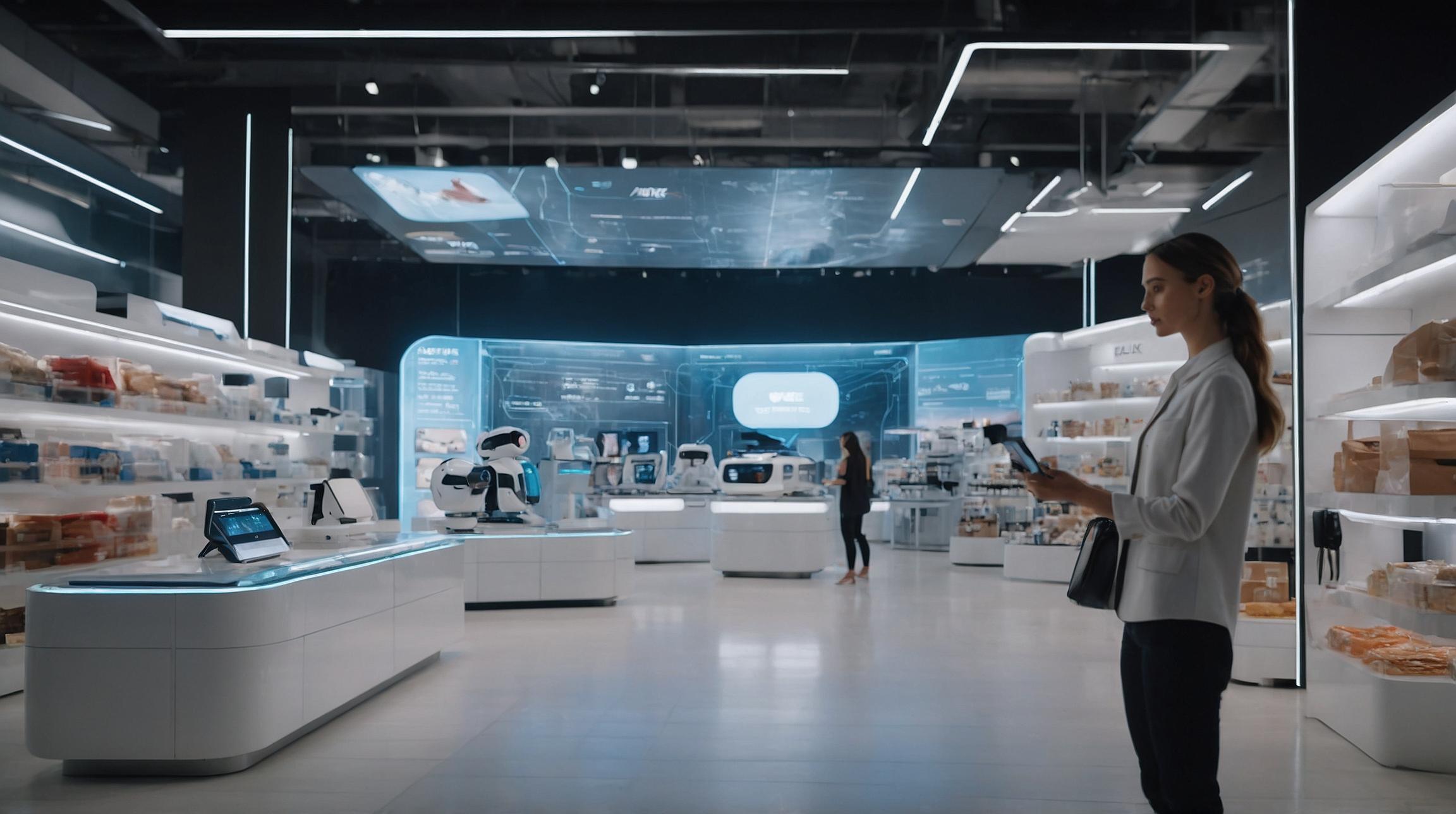AI in Customer Service and Inventory Management
E-commerce has seen rapid growth, leading to a sharp rise in customer expectations. Consumers now demand faster service, more personalization, and immediate solutions. Luckily, artificial intelligence (AI) is well-equipped to handle these demands.
In the realm of customer service, AI-powered chatbots and virtual assistants perform many routine tasks. The real game-changer, however, is how these systems continuously improve. For instance, through natural language processing (NLP), AI chatbots comprehend context better, providing nuanced responses. Over time, they can resolve complex issues independently, making customer service faster and more efficient.
Additionally, AI is transforming inventory management. Traditional methods are often slow and error-prone, whereas AI systems leverage real-time data and predictive analytics to forecast demand with striking precision. This helps businesses prevent stockouts and overstocking, leading to cost savings. AI tools also predict the impact of factors like weather or seasonal trends, allowing companies to adapt their inventory levels as needed.
Streamlining the Supply Chain with AI
The supply chain is critical to business success but often plagued by inefficiencies. Fortunately, AI is revolutionizing this area by automating processes, minimizing human error, and providing real-time insights.
While autonomous vehicles and drones represent the future of logistics, AI's real potential lies in optimizing current processes. AI automates route planning, predicts delivery delays, and reroutes shipments based on live data like traffic or weather conditions, resulting in faster deliveries and reduced costs.
Moreover, AI offers a comprehensive view of the supply chain. Predictive maintenance prevents costly equipment failures by identifying issues before they escalate. AI's in-depth analysis uncovers inefficiencies humans might overlook, making the supply chain more agile and cost-effective.
Personalization in Marketing with AI
AI's data-processing capabilities are invaluable for personalizing marketing strategies. With consumers inundated by marketing messages, successful brands distinguish themselves by delivering tailored content.
AI enables marketers to segment audiences with greater precision. By analyzing real-time data, AI helps companies tailor messages to match individual consumer preferences and behaviors. For example, AI systems suggest products based on a customer's browsing history and purchase patterns, fostering trust and loyalty through personalized experiences.
Furthermore, automated A/B testing and dynamic content generation allow brands to refine strategies continuously. Delivering the right message at the right time leads to higher conversion rates and enhanced customer satisfaction.
AI and Automated Decision-Making in Marketing
As digital marketing embraces more automation, AI is pivotal in this evolution. AI-powered automated decision-making systems minimize manual efforts in campaign management, allowing marketing teams to concentrate on strategy.
For example, AI can autonomously adjust ad budgets, allocate resources to the most effective channels, and optimize messages in real-time. This improves marketing performance and frees up resources for creative exploration. This blend of automation and personalization is shaping the future of digital marketing.
AI is No Longer the Future—It's the Present
AI is already transforming industries across the board. From customer service to supply chain automation to personalized marketing, AI's impact is profound. Businesses adopting AI will enhance efficiency, strengthen customer relationships, and better respond to market demands.
Ultimately, the companies that embrace AI today will become tomorrow's leaders. The business future is driven by AI, and those recognizing its potential will thrive. Therefore, the pressing question is: Is your business ready for AI to take charge?













